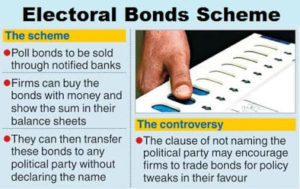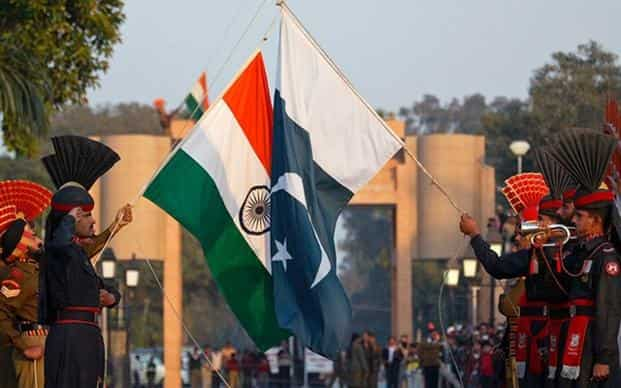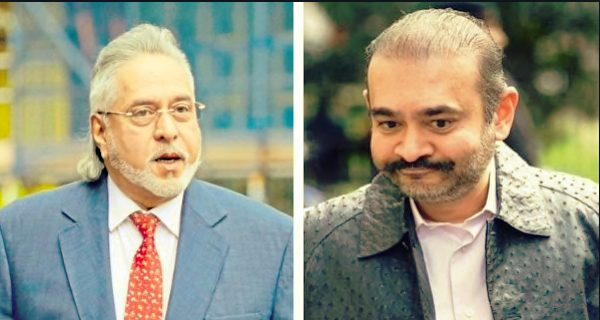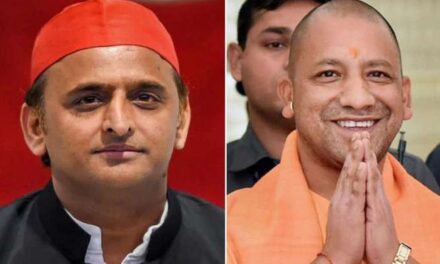The Election Commission on Wednesday told the Supreme Court that electoral bonds are a cause of worry in a democracy, because of the anonymity attached to donors as well as amounts of cash donated, which hamper the poll panel’s transparency push.
The EC’s submission came during PIL proceedings before a bench headed by Chief Justice Ranjan Gogoi, which is considering passing interim orders on whether the sale of bonds needs to be stayed.
The hearing will conclude on Thursday. The PIL demanded that if the bonds are to continue, transparency of individual and corporate donors and their amounts need to be observed in larger public interest.
The bench sought the EC’s view on the two demands. Senior advocate Rakesh Dwivedi, appearing for the EC, said, “Electoral bonds legalise anonymity. If transparency in election funding is to be maintained, this anonymity must go. If a bond is made transparent, we have no problem.”

When the bench asked Dwivedi if they want list of donors to be published, he said, “Of course, we want transparency. Disclosure is in the interest of democracy, free and fair elections, and right of citizens to make an informed choice to vote.
In 2003, we took one step forward by ensuring government companies and foreign subsidiaries are kept out of political funding.
Now we have gone two steps back as we do not know if the donor is a government or foreign firm. Also, parties need to disclose only the total amount and not individual contributions.”
The Centre rebutted by producing a report by the Carnegie Foundation, which showed India spends the most during election campaigns.
Attorney General KK Venugopal attributed this to black money inflow into party funds by way of cash donations. To stop this, he said, the Centre introduced electoral bonds.









